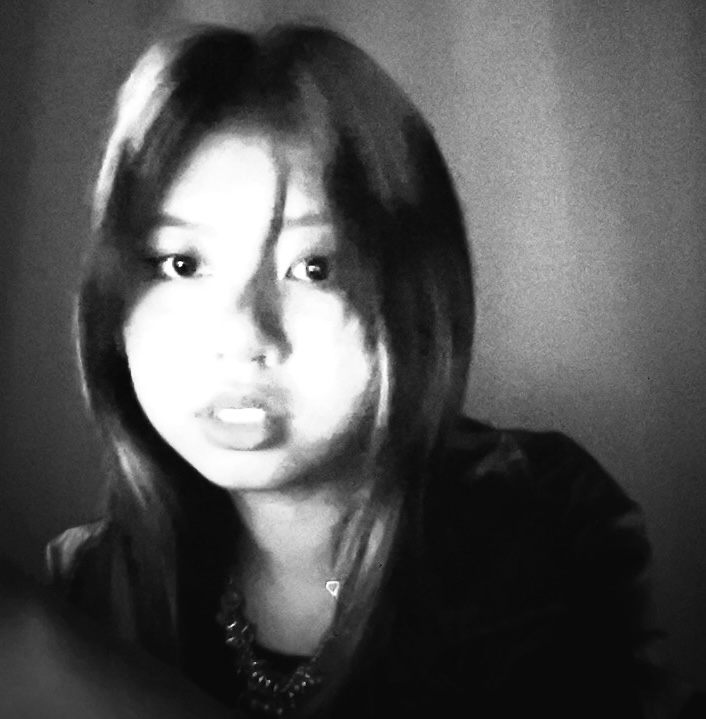Poor unfortunate souls
Category: Apparel
Competitions: Taiwan Region
We are used to viewing fairy tales from the center—from the perspective of the protagonist. The hero is always innocent, the villain always evil, and the story inevitably leads toward an idealized version of happiness. But when we shift our viewpoint, when we turn the lens toward those labeled as “villains,” the narrative begins to blur. It becomes uncertain—closer to reality. This work draws inspiration from characters like the Evil Queen and Ursula—figures traditionally portrayed as destructive, seductive, and punishing. Yet their existence is not born from malice, but from the desires and choices of the so-called protagonists. The Little Mermaid went to Ursula willingly, offering a trade. She was not cursed—she made a decision. It is this act of exchange that lies at the heart of the story. Translating that logic into the context of the modern world, the ocean becomes Ursula—a figure both desired and damaged. We keep making wishes to the sea: for resources, for space, for energy. We dump waste, build routes, and drill beneath her surface as if she were infinite, silent, and forever obedient. But wishes always come at a cost—we just choose to ignore it. Poor Unfortunate Souls attempts to make this silenced dialogue visible. It is a reversed fairy tale—not one of good versus evil, but of transaction, transformation, and consequence. The design approach centers around the idea of a “mutated body,” emphasizing the physical and material shifts that occur when nature is forced to adapt to human interference. The silhouettes are built through unstable, fractured, and layered structures—reflecting the tension on the ocean’s surface and the chaos within. Structural supports are intentionally exposed or exaggerated, reinforcing the strained relationship between the organic and the artificial. The garments embody a post-pollution aesthetic—corroded, eroded, disfigured—mirroring the ocean’s progressive loss of original form. Mythological and biological references, such as tentacles, shells, and reconfigured scales, blur the line between body and environment, between creature and habitat. These design languages do not aim to replicate the sea’s appearance, but rather to express the unbalanced, inescapable interdependence between us and the ocean. Poor Unfortunate Souls is both the ocean and ourselves. We make wishes—and we cause harm. We fantasize about conquest—but never accountability. And when the ocean stops being silent, when her response becomes a form of quiet vengeance— We may have to redefine who the true protagonist is, And ask: who is the truly unfortunate soul? 我們習慣從童話的中心觀看故事。 主角總是無辜,敵人總是邪惡,結局總要通往一種理想化的幸福。 但當我們移動視角,將鏡頭轉向那些被標籤為「反派」的角色,故事開始變得模糊、不確定,也更接近現實。 作品靈感從黑魔女與烏蘇拉的角色出發——她們總是被描繪為破壞、誘惑與懲罰的象徵。 然而,她們的存在其實源自於主角的需求與選擇。 小美人魚主動向烏蘇拉許願,她不是被詛咒,而是進行了一場交換。 這樣的交換關係,才是真正的核心。 將這個邏輯轉化到當代環境的語境中,大海成為了烏蘇拉——一個既被需要、又被傷害的對象。 我們不斷向大海許願:索取資源、傾倒廢棄物、開發航道與能源,彷彿她是無限的、沉默的、永遠不會反抗的存在。 但願望的代價總是存在的,只是我們選擇性地忽略。 《Poor Unfortunate Souls》試圖讓這場被壓抑的對話顯現。 這是一段倒轉的童話,不再有明確的善與惡,而是圍繞交換、轉化與回應所構築的現實寓言。 作品的服裝設計以「變質的身體」為出發點,強調環境與物質在被人類干預後所產生的質變與抗拒。 服裝輪廓以不穩定、斷裂與堆疊的結構,模擬海洋遭受擾動後的表面張力與內部混亂。 搭配具不自然的結構支撐,強化自然與人工之間的張力與衝突。 呈現海洋污染後被侵蝕腐蝕的樣貌,呼應海洋逐漸失去原貌的過程。 同時,服裝中的某些細節也參照神話與生物體結構,如觸手、殼體、鱗片狀的重組元素,模糊身體與環境的界線。 這些設計語言為了重現大海的樣貌,而是描繪我們與大海之間那種持續、失衡、卻難以斷裂的依附關係。 「Poor Unfortunate Souls」既是大海,也是我們自己。 我們許下願望,也製造傷害;我們幻想征服,卻從未承擔。 當大海不再保持沉默,當她的回應成為一種復仇 我們將不得不重新定義誰才是真正的主角, 誰又是那個可憐的靈魂。

